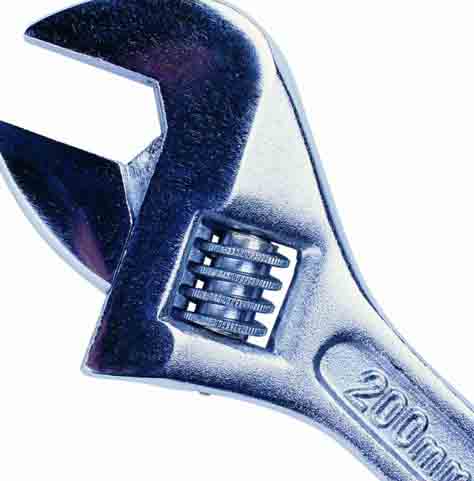Radius 25Mm Kitchen Sink,Stainless Sink,Corner Kitchen Sink,Small Kitchen Sink Zhongshanshi JiaBaoLu Kitchen And Bathroom Products Co., Ltd , https://www.gabalusink.com
So far, due to the increase in prices of raw materials and other factors, the bathroom hardware industry not only failed to usher in his "spring" but it has been questioned by consumers. Is it really the "profit era" of profits that is gone forever? ?
Indeed, with the rising prices of raw materials and the continuous expansion of the consumer market, the hardware industry's market competition is also increasing, the era of profit violence in the hardware industry is gone forever.
Profits have begun to decline. Now we take the current steel price as an example. The price of steel rose by RMB 100/ton during the day of March 17, 2011. In less than a month, the prices of various steel products rose 300 yuan to 500 yuan. The rise in steel prices has made it impossible for the steelmaking industry, which originally made less profits, to show its superiority. It has generally shown that profits can be almost zeroed and that the benefits of economic recovery are almost offset by an empty one.
Taking bathroom hardware as an example, the biggest cost of producing a tap product is the cost of raw materials. The current faucet products are mainly based on copper materials, and the price of copper is about 38,000 yuan/ton. According to industry insiders, raw materials The cost accounts for more than 70% of the total production cost. According to the domestic gross margin of 30%, the cost price of a faucet is approximately 200 yuan.
2011 is the implementation period of the “Twelfth Five-Year Planâ€. The mold industry has ushered in the spring, and general experts are optimistic about the development space of the mold. It was predicted that during the “Eleventh Five-Year Plan†period, the market share of China's mold industry will reach 120 billion Yuan. However, the reality is that because there are relatively few contacts in the high-end industries and foreign companies have received **, the profit margin is also very poor.
Many hardware and electromechanical companies, including bathroom hardware companies, are all good and bad, and they share the same low profits. Their comprehensive analysis is not exceptional:
1, there is no professional market to cultivate the general consumers to buy hardware products is the principle of proximity, in a random grocery store, daily supermarket to buy, and the hardware industry is not closely related to the development of professional markets.
The traditional hardware product distribution center is no systematic marketing strategy, and lack of related regional protection, stable price system is beyond discussion. Once the professional hardware market is formed and the market has strong supervision, the hardware companies that settled in can be guaranteed to be worthy of the name, forming the centripetal force of consumers' purchases, avoiding the production, the flocking of peers, and the phenomenon of blind purchases.
2. There is no comprehensive brand capacity Hardware products that are generally circulated in the market have a single style, outdated style, and have rough workmanship, and even no brand protection, thus failing to gain consumer trust.
According to relevant market surveys, 45.3% of hardware consumers use the brand as the primary demand for acquiring products when purchasing hardware products, which implies that it is even more difficult for unnamed brands to gain a firm foothold in the market. Brands are obviously a signpost in this era of complicated information. They can focus on their own unified management in order to help promote them.
3. Foreign-funded enterprises snatch the market A large number of China's hardware products are produced by small workshops, especially the mold industry. Because they are not professional and sophisticated, many foreign-funded enterprises have an opportunity.
On the contrary, foreign mold companies mostly "small and special", "small and fine"; mold self-produced ratio of up to 50% or more, 70% of foreign goods mold.